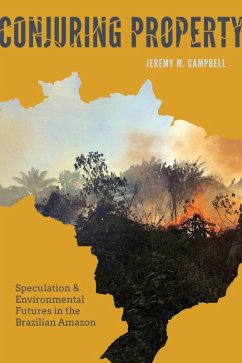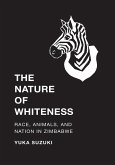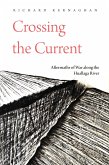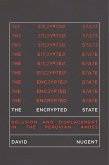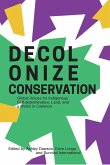Winner of the 2017 James M. Blaut Award from the Cultural and Political Ecology Specialty Group of the Association of American Geographers
Honorable Mention for the 2016 Book Prize from the Association for Political and Legal Anthropology
Since the 1960s, when Brazil first encouraged large-scale Amazonian colonization, violence and confusion have often accompanied national policies concerning land reform, corporate colonization, indigenous land rights, environmental protection, and private homesteading. Conjuring Property shows how, in a region that many perceive to be stateless, colonists - from highly capitalized ranchers to landless workers - adopt anticipatory stances while they await future governance intervention regarding land tenure. For Amazonian colonists, property is a dynamic category that becomes salient in the making: it is conjured through papers, appeals to state officials, and the manipulation of landscapes and memories of occupation. This timely study will be of interest to development studies scholars and practitioners, conservation ecologists, geographers, and anthropologists.
Honorable Mention for the 2016 Book Prize from the Association for Political and Legal Anthropology
Since the 1960s, when Brazil first encouraged large-scale Amazonian colonization, violence and confusion have often accompanied national policies concerning land reform, corporate colonization, indigenous land rights, environmental protection, and private homesteading. Conjuring Property shows how, in a region that many perceive to be stateless, colonists - from highly capitalized ranchers to landless workers - adopt anticipatory stances while they await future governance intervention regarding land tenure. For Amazonian colonists, property is a dynamic category that becomes salient in the making: it is conjured through papers, appeals to state officials, and the manipulation of landscapes and memories of occupation. This timely study will be of interest to development studies scholars and practitioners, conservation ecologists, geographers, and anthropologists.
Dieser Download kann aus rechtlichen Gründen nur mit Rechnungsadresse in A, D ausgeliefert werden.

